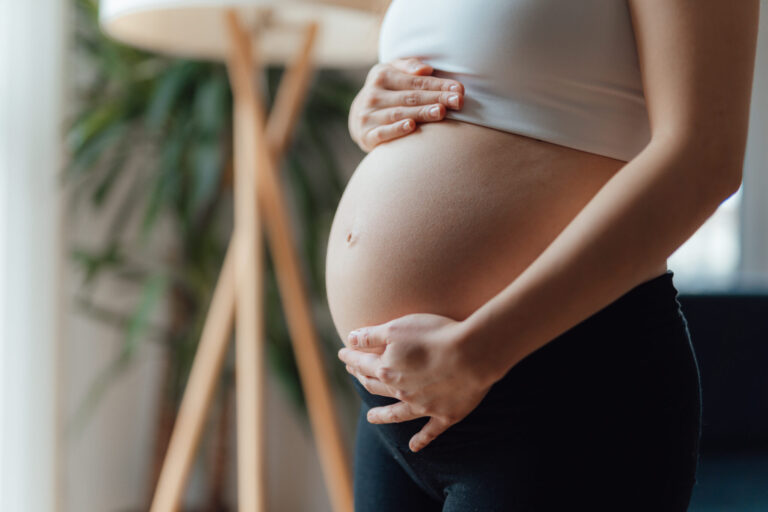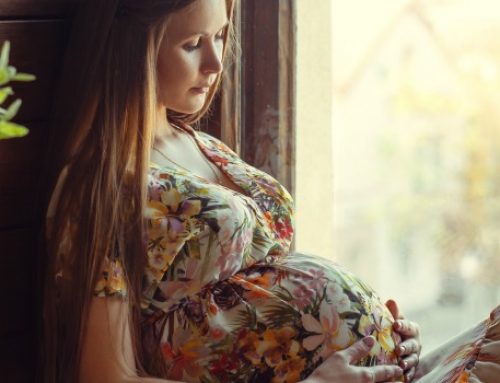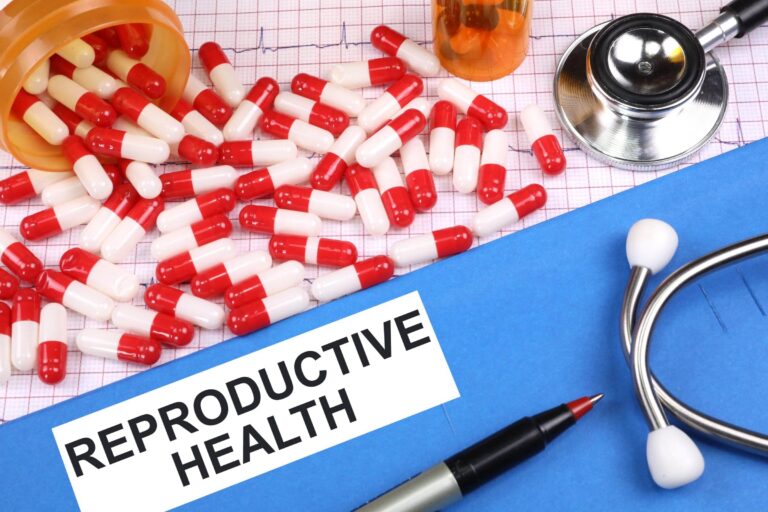Understanding the Impact of Endometriosis on Fertility

Endometriosis affects approximately one in every ten women and can significantly influence fertility outcomes. This condition occurs when tissue similar to the uterine lining grows outside the uterus, creating inflammation and scarring that may interfere with reproductive function. Understanding how endometriosis affects fertility helps individuals make informed decisions about their reproductive health and treatment options.
Understanding Endometriosis
Endometriosis disrupts normal reproductive processes through several mechanisms. The condition causes inflammation in the pelvic cavity, which can affect egg quality and interfere with the normal function of reproductive organs. Endometrial implants may develop on the ovaries, fallopian tubes, or other pelvic structures, creating adhesions that distort normal anatomy.
The inflammatory environment created by endometriosis can impair ovulation and reduce egg quality. Studies show that women with endometriosis often have altered hormone levels, which can affect the menstrual cycle and ovulation timing. The condition may also impact the endometrial lining itself, potentially making implantation more difficult.
Fallopian tube function can become compromised when endometrial implants cause blockages or adhesions. These structural changes can prevent eggs from traveling through the tubes or interfere with sperm transport. The inflammatory substances produced by endometrial tissue may also create an environment that is less favorable for fertilization.
Examining Fertility Impact
The American Society for Reproductive Medicine classifies endometriosis into four stages based on the extent and depth of implants, adhesions, and ovarian involvement. Stage I represents minimal disease with isolated implants and no adhesions, while Stage IV indicates severe disease with extensive adhesions and large ovarian cysts. Women with minimal endometriosis may experience reduced fertility rates compared to those without the condition, though the degree of impact varies among individuals.
Advanced endometriosis typically presents greater fertility challenges due to structural changes in the reproductive tract. Large endometriomas (ovarian cysts filled with menstrual blood) can affect ovarian function and reduce egg reserves. Extensive adhesions may cause organs to become stuck together, preventing normal function of the reproductive system.
The location of endometrial implants also influences fertility outcomes. Implants on the ovaries may directly impact egg development and release, while those affecting the fallopian tubes can interfere with egg transport and fertilization. Deep-infiltrating endometriosis can cause significant anatomical distortion and may require surgical intervention.
Exploring Treatment Approaches
Treatment options for endometriosis-related fertility issues depend on factors such as age, symptom severity, previous treatments, and individual preferences. Medical management focuses on controlling symptoms and may include hormonal therapies. However, these treatments typically suppress ovulation and are not used when actively trying to conceive.
Surgical intervention aims to remove endometrial implants and adhesions while preserving reproductive function. Laparoscopic surgery can improve fertility outcomes in some women, particularly those with moderate to severe disease. The procedure involves removing visible endometrial tissue and restoring normal pelvic anatomy when possible.
Assisted reproductive technologies (ART) may be recommended for women who do not conceive after conservative treatments. In vitro fertilization (IVF) can bypass many of the mechanical barriers created by endometriosis. This includes factors such as blocked fallopian tubes or pelvic adhesions. Success rates for IVF in women with endometriosis vary depending on factors such as age, stage of disease, and ovarian reserve.
Find a Qualified OBGYN
Endometriosis can present significant challenges for fertility, but many women with the condition successfully conceive with appropriate treatment. The relationship between endometriosis and fertility is complex, with outcomes varying based on disease severity, location of implants, and individual factors. Understanding the various treatment options available allows individuals to make informed decisions about their reproductive health and fertility goals.
- What to Expect When Visiting a Foot and Ankle Specialist
- Causes of PTSD
- The Link Between Plantar Fasciitis and Weight Gain: What You Need to Know
- How Pet Ownership Can Positively Impact Life with Fibromyalgia
- The Importance of Stretching and Flexibility in Sports Medicine
Dr. Emma Green is a health and wellness expert with over 10 years of experience in nutrition and fitness. Passionate about helping others live their healthiest lives, Dr. Green shares practical advice on wellness, nutrition, and sustainable living through LivingSpristine.






